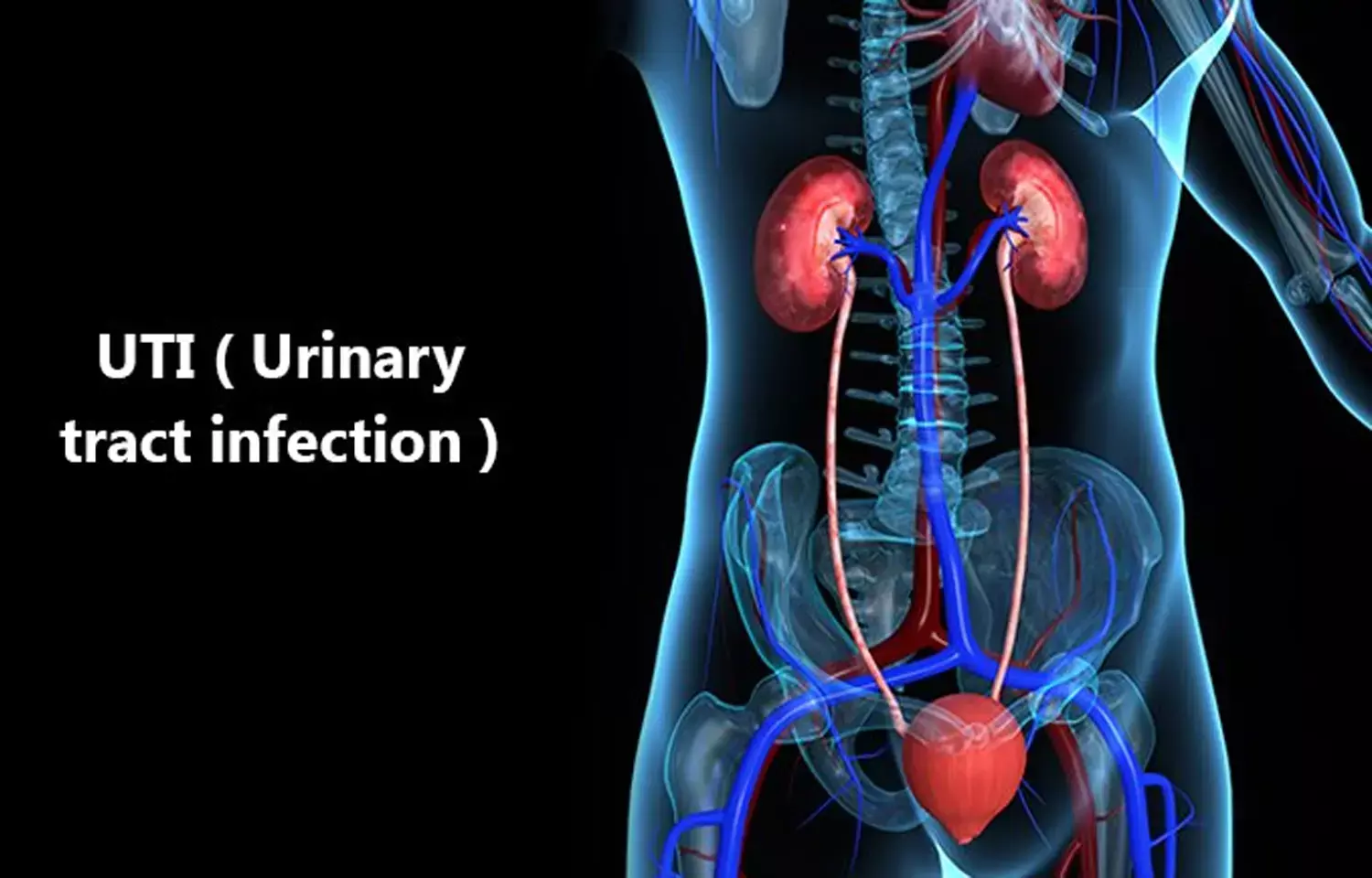- Home
- Medical news & Guidelines
- Anesthesiology
- Cardiology and CTVS
- Critical Care
- Dentistry
- Dermatology
- Diabetes and Endocrinology
- ENT
- Gastroenterology
- Medicine
- Nephrology
- Neurology
- Obstretics-Gynaecology
- Oncology
- Ophthalmology
- Orthopaedics
- Pediatrics-Neonatology
- Psychiatry
- Pulmonology
- Radiology
- Surgery
- Urology
- Laboratory Medicine
- Diet
- Nursing
- Paramedical
- Physiotherapy
- Health news
- Fact Check
- Bone Health Fact Check
- Brain Health Fact Check
- Cancer Related Fact Check
- Child Care Fact Check
- Dental and oral health fact check
- Diabetes and metabolic health fact check
- Diet and Nutrition Fact Check
- Eye and ENT Care Fact Check
- Fitness fact check
- Gut health fact check
- Heart health fact check
- Kidney health fact check
- Medical education fact check
- Men's health fact check
- Respiratory fact check
- Skin and hair care fact check
- Vaccine and Immunization fact check
- Women's health fact check
- AYUSH
- State News
- Andaman and Nicobar Islands
- Andhra Pradesh
- Arunachal Pradesh
- Assam
- Bihar
- Chandigarh
- Chattisgarh
- Dadra and Nagar Haveli
- Daman and Diu
- Delhi
- Goa
- Gujarat
- Haryana
- Himachal Pradesh
- Jammu & Kashmir
- Jharkhand
- Karnataka
- Kerala
- Ladakh
- Lakshadweep
- Madhya Pradesh
- Maharashtra
- Manipur
- Meghalaya
- Mizoram
- Nagaland
- Odisha
- Puducherry
- Punjab
- Rajasthan
- Sikkim
- Tamil Nadu
- Telangana
- Tripura
- Uttar Pradesh
- Uttrakhand
- West Bengal
- Medical Education
- Industry
Don't restrict Urine Sampling in kids With Unexplained Fever to Detect UTI: Study

Accurate diagnosis of urinary tract infection in children is essential because children left untreated can experience permanent renal injury. Urinary tract infections often remain undetected in children, especially in infants, given their inability to verbally describe symptoms and the difficulty of obtaining a clean urine sample.
Researchers have found in a systematic review that Physicians should not restrict urine sampling to children with unexplained fever or other features suggestive of urinary tract infection. Few clinical signs and symptoms are useful for diagnosing or ruling out urinary tract infection in children. Clinical prediction rules might be more accurate; however, they should be validated externally.
They aimed to assess the diagnostic value of clinical features of pediatric urinary tract infection.
The research has been published in the journal Annals of Family Medicine.
In a systematic review, researchers assessed the diagnostic value of certain physical symptoms that children may display that could indicate a urinary tract infection.
The team performed literature reviews of the most prominent medical research databases from inception until Jan. 20, 2020 for studies reporting specific diagnostic acuracy data for clinical signs and symptoms compared to the use of urine cultures in children 18 and younger. For each clinical feature, the team calculated the likelihood ratios and predictive values for UTI.
Researchers conducted several analyses to do this. Of the almost 11,000 studies they accessed, 35 studies of moderate to high quality were included and provided information on 58 clinical symptoms and six prediction rules. They found that only circumcision, diaper rash and stridor (a high-pitched vibrating, breathing sound in the throat, caused by a possible airway obstruction) are useful for ruling out UTI and that body temperature or fever duration have limited diagnostic value. Presence of cloudy urine, malodorous urine, hematuria, no fluid intake, suprapubic tenderness, and loin tenderness increase the probability of UTI.
The authors advise that physicians should not restrict urine sampling to children with unexplained fever or specific features suggestive of a urinary tract infection.
https://www.annfammed.org/content/19/5/437
Hina Zahid Joined Medical Dialogue in 2017 with a passion to work as a Reporter. She coordinates with various national and international journals and association and covers all the stories related to Medical guidelines, Medical Journals, rare medical surgeries as well as all the updates in the medical field. Email: editorial@medicaldialogues.in. Contact no. 011-43720751
Dr Kamal Kant Kohli-MBBS, DTCD- a chest specialist with more than 30 years of practice and a flair for writing clinical articles, Dr Kamal Kant Kohli joined Medical Dialogues as a Chief Editor of Medical News. Besides writing articles, as an editor, he proofreads and verifies all the medical content published on Medical Dialogues including those coming from journals, studies,medical conferences,guidelines etc. Email: drkohli@medicaldialogues.in. Contact no. 011-43720751


